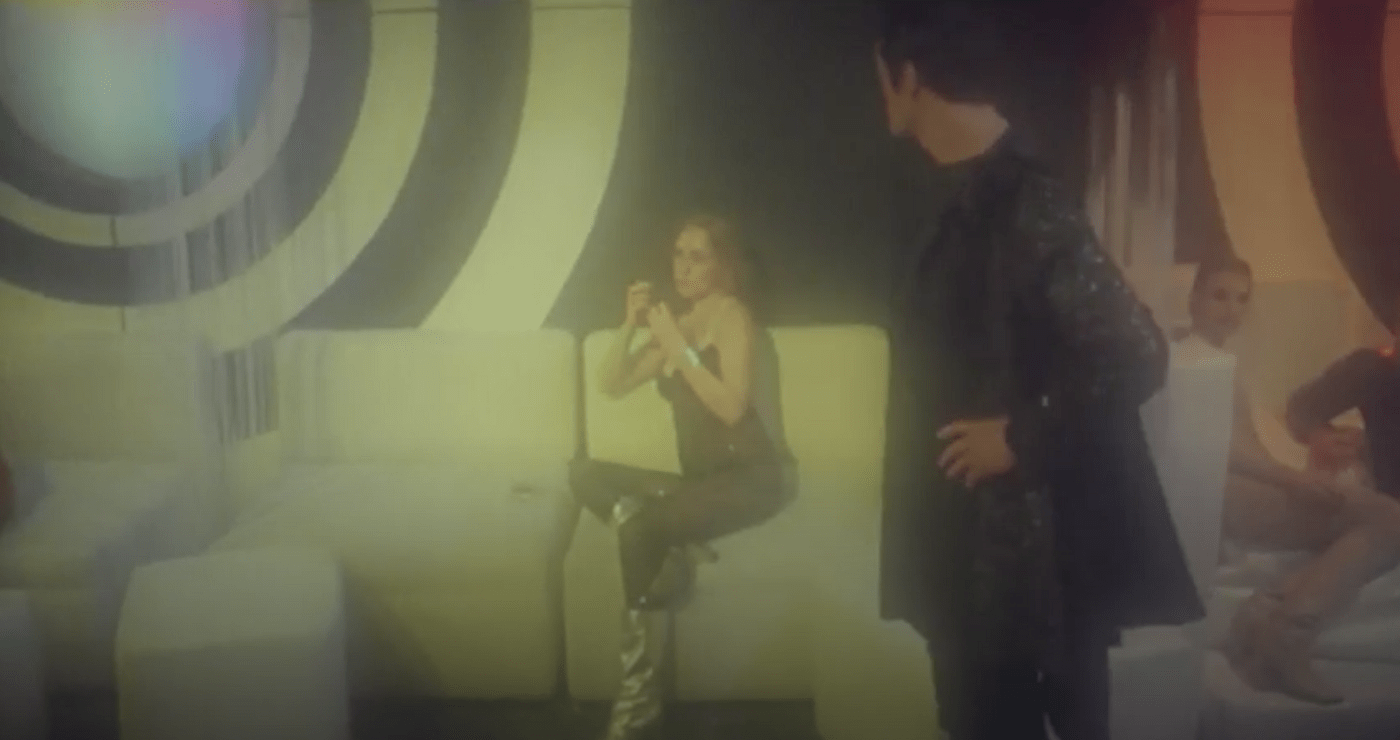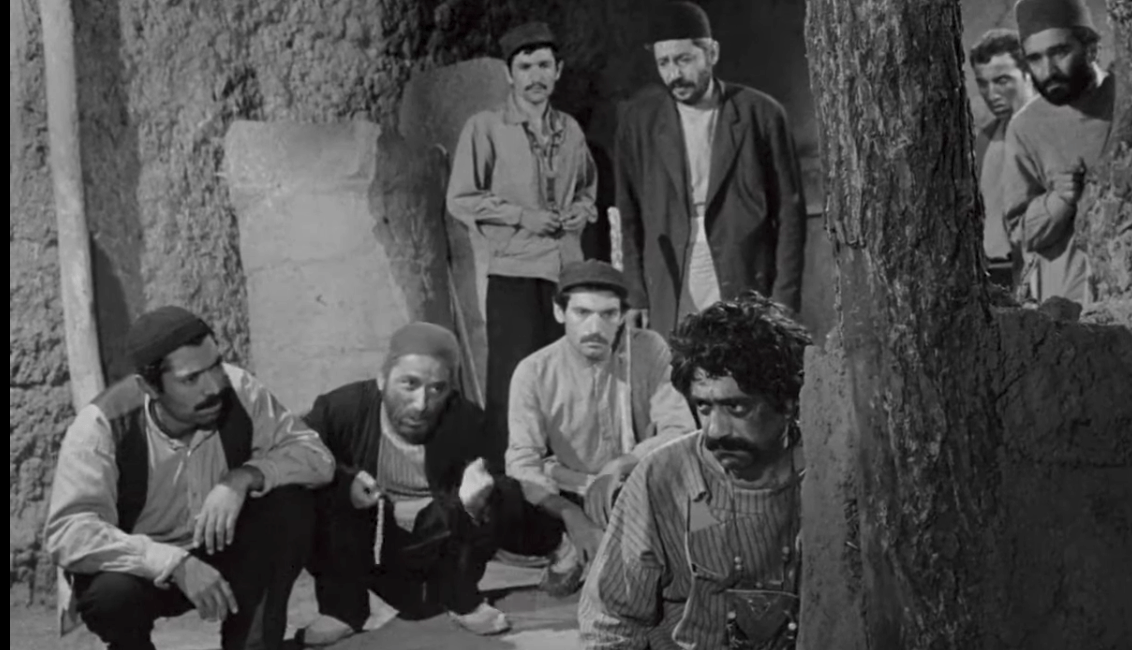
Beginning a film with the funeral of the main character has been done before but in Repentance the morning after the funeral the deceased is found propped up against a tree in his garden. He is buried again but the next morning he reappears. The police come and arrest him. They bury him again and place a cage over the plot, but to no avail he reappears again the next morning. The great leader, Varlam Aravidze won’t stay buried. As was said at his funeral “One dead man is sometimes better than a thousand live ones. Our dear Varlam had many virtues. It is hard to enumerate them all. He had an extraordinary gift to turn his enemy into his friend, and his friend into his enemy!”
Repentance is a surrealist comedy made in the USSR by Tengiz Abuladze in 1984. Much of the film is about censorship and so in their infinite wisdom The Soviet Union censored it, in fact they banned the whole film out right. When you watch the film it becomes obvious why. It played in theaters outside the USSR and did very well. It won several awards at the 1987 Cannes, including the Grand Prize of the Jury, but if you were to go now and type into Google you would get a Hollywood thriller starring Forrest Whitaker from 2013. The 1984 Repentance is no longer available on DVD or Blu-ray, and I have yet to see it streaming anywhere. The film seems to be steadily disappearing.
Repentance is a satire that targets Soviet style dictatorship in general, and Stalinism in particular. Varlam, the main character, looks like a cross between Stalin and not so much Hitler as Oliver Hardy. Varlam is a jovial, even clownish Mayor who keeps up a facade of patronizing warmth and sympathy but drops hints that there are limits to his patience. We watch as he twists logic into tortured, and perverse knots in order to justify his fascist grip on the city. The satire uses exaggeration as well as surrealism to get its point across. Varlan’s secret police wear full, medieval, plate, armor and ride on horseback carrying spears.

Varlan is always sweet at first meetings. He is like a friendly uncle but after he visits, the next day a couple knights come to drag you away. Varlam’s paranoid arrests become increasingly capricious and grow into a spiraling torrent. In a speech from a balcony he shouts “Out of every three people, four are enemies. Don’t be surprised! Quantitatively one enemy is more than one friend!” He arrests an artist which gives Abuladz an opportunity to ruminate on the role of art in society and its relationship to the state. There is no great manifesto that emerges only a difficult accounting of the issues involved.
Halfway through the film there is a poignant scene where the women of the town are secretly informed that the many men who are living in unnamed prisons in the forgotten corners of the USSR have managed to carve their names in to the stacks of logs that were traveling on a lumber supply train. The women go to the train yard and search the hundreds of felled trees in hopes of just discovering if their husbands or sons are still alive.

It is with this scene that Repentance turns a corner. The tragic nature of its subject matter pushes aside much of the humor. Varlam’s son, now a grown man, descends into his basement and has an impassioned argument with a devil-like figure in the dark. The figure is almost entirely in shadow but we can see he is hunched over a limp, smoked, fish. He peels back the skin and bites off chunks of pink and white flesh as he badgers Varlam’s son with reproaches and guilt. Its a powerful scene where everything in the film is called into question. Morality gets reconfigured and reconsidered until it is a painful tangle of regret and confusion.

By the end of the film we have reached the scale of a Shakespearean tragedy. Two generations of Varlam’s progeny find themselves racked by guilt and pleading to be freed from Varlam’s cursed legacy. The inability of the town to keep Varlam buried reflects their inability to find a way forward out of the Stalinist horror they endured. Whether it is the pain of being victimized, the crippling fear that can not be left behind, or the regret over what happened, no one can move on, no one can bury it.
Repentance has a compelling plot and interesting characters but the film is less about conventional narratives and more a Gordian knot of anguish over an indigestible heritage. Just as someone who is crying can move from grief to dark humor to insight and back again to grief, Repentance leads us through increasingly surreal imagery but ends up circling back to the same distraught catatonia that it began with. The rigid corpse of Varlam resists all attempts at resolution.

If you enjoyed this article click here for more
www.filmofileshideout.com/archives/gorod-zero-hidden-soviet-era-gem




[…] If you enjoyed this article click here for morewww.filmofileshideout.com/archives/repentance-a-great-film-in-danger-of-disappearing […]